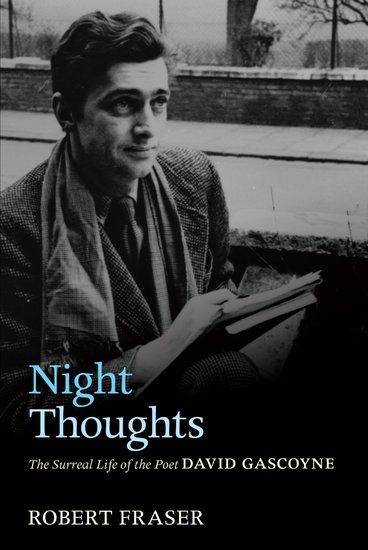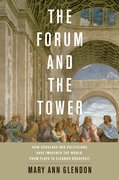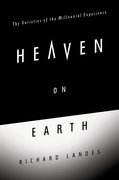Rick Santorum wins in Louisiana
Rick Santorum had a great night, but he would need to win 70 percent of the delegates moving forward to unseat frontrunner Mitt Romney. That’s not going to happen, but it’ll be a painful road toward the increasingly inevitable. As late in this game, powerful conservatives like Thomas Sowell, Rush Limbaugh, and Tony Perkins are still advocating for Rick Santorum and other non-moderate candidates. Every day they continue to do this, they make less likely confident predictions from outside the beltway that Republicans will come together in the Fall against Obama.














